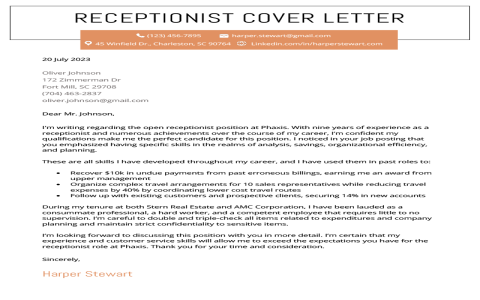Alright, let me tell you what happened a while back. I’d been in a senior spot for a good few years. You know how it is, you get comfortable, you think you’ve got the hang of things, know the ropes, seen it all before. I was pretty confident, maybe a bit too much, looking back.

We kicked off this big project. It was complex, lots of moving parts, tight deadline – the usual stuff. I was leading the technical side. Early on, I had a clear picture in my head of how things should be built. My way, basically. When junior folks asked questions or suggested different approaches, I’d often steer them back to my original plan. Not in a mean way, I thought I was just saving time, keeping us focused. I figured, that’s what a senior does, right? Make the calls, keep the ship steady.
Well, things started getting sticky. We hit roadblocks I hadn’t anticipated. Parts of the system weren’t integrating well. Debugging sessions became long and frustrating. Team morale took a nosedive. You could feel the tension. People stopped suggesting things as much. They’d just do what was assigned, heads down. And I was getting stressed, working longer hours, feeling the pressure mount because my grand plan wasn’t quite working out.
I remember one particularly rough afternoon. A younger engineer, usually quiet, pointed out a potential flaw in the core logic I had designed. My first reaction? Defensive. I started explaining why my way was better, why his idea wouldn’t scale, blah blah blah. But halfway through my own explanation, I sort of heard myself. I sounded rigid, closed off. And honestly? His point had some merit. It deserved more thought than I was giving it.
That evening, I did a lot of thinking. Was being ‘senior’ just about having the answers and being right? Or was it something else? It hit me that my approach wasn’t working. By trying to control everything and stick rigidly to my vision, I was actually hindering the project and shutting down valuable input from the team. I wasn’t being open.
So, the next day, I tried something different. We had our daily stand-up. Instead of just assigning tasks, I opened the floor. I said something like, “Look, we’re hitting some walls here. My initial approach has issues. I want to hear everyone’s thoughts on how we can tackle this specific problem.” I specifically asked the junior engineer from yesterday to elaborate on his idea. It felt weirdly vulnerable, admitting I didn’t have it all figured out.
The change wasn’t instant, but it was noticeable. People started talking more freely. We whiteboarded different solutions. That junior engineer’s idea? We ended up adapting it, and it unlocked the problem we were stuck on. Other team members started contributing more actively too, pointing out things I’d missed.
We still had challenges, of course. It wasn’t magic. But the whole dynamic shifted. We started working more like a team, solving problems together. It felt less like ‘my’ project and more like ‘our’ project. We actually delivered, a bit late, but we delivered something solid that everyone felt some ownership of.
That whole experience really changed my perspective. Being senior isn’t just about technical depth or making final decisions. It’s also about creating an environment where it’s safe to contribute, to challenge ideas respectfully, even the senior guy’s ideas. It’s about being open – open to feedback, open to different perspectives, open to admitting you don’t know everything. It made me a better engineer, I think, and definitely a better teammate. It’s something I still work on, consciously trying to stay open rather than defaulting to just knowing best.












